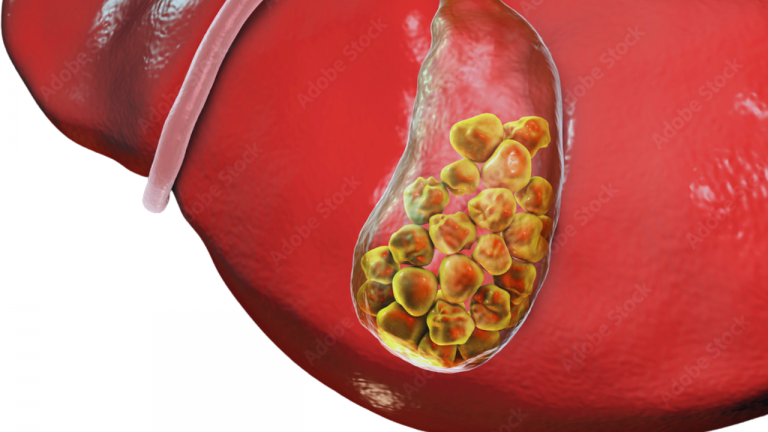The Traditional Definition of Diabetes

The traditional definition of diabetes is a chronic metabolic disorder characterized by high levels of sugar (glucose) in the blood. Diabetes is caused by either a deficiency of insulin (a hormone produced by the pancreas that regulates the amount of glucose in the blood) or the body’s inability to use insulin effectively.
There are two main types of diabetes: type 1 diabetes and type 2 diabetes. Type 1 diabetes is an autoimmune disease in which the body’s immune system attacks and destroys the cells in the pancreas that produce insulin, leading to a complete lack of insulin production. Type 2 diabetes is a metabolic disorder characterized by insulin resistance and relative insulin deficiency.
Both types of diabetes can lead to serious health problems, including heart disease, stroke, nerve damage, kidney damage, blindness, and amputations if left uncontrolled. Effective management of diabetes involves monitoring blood sugar levels, making lifestyle changes, and taking medications as prescribed by a healthcare provider.



